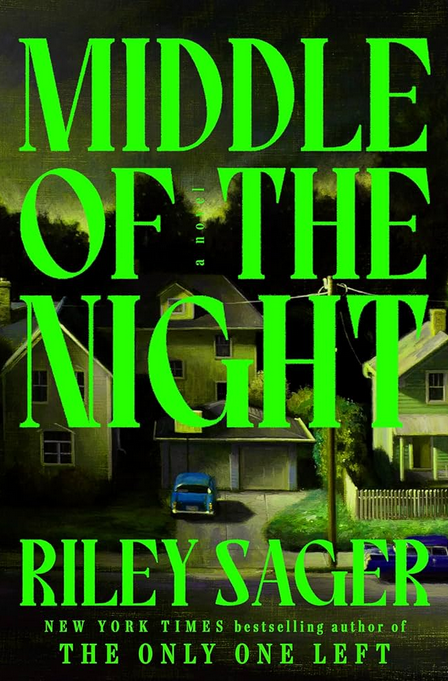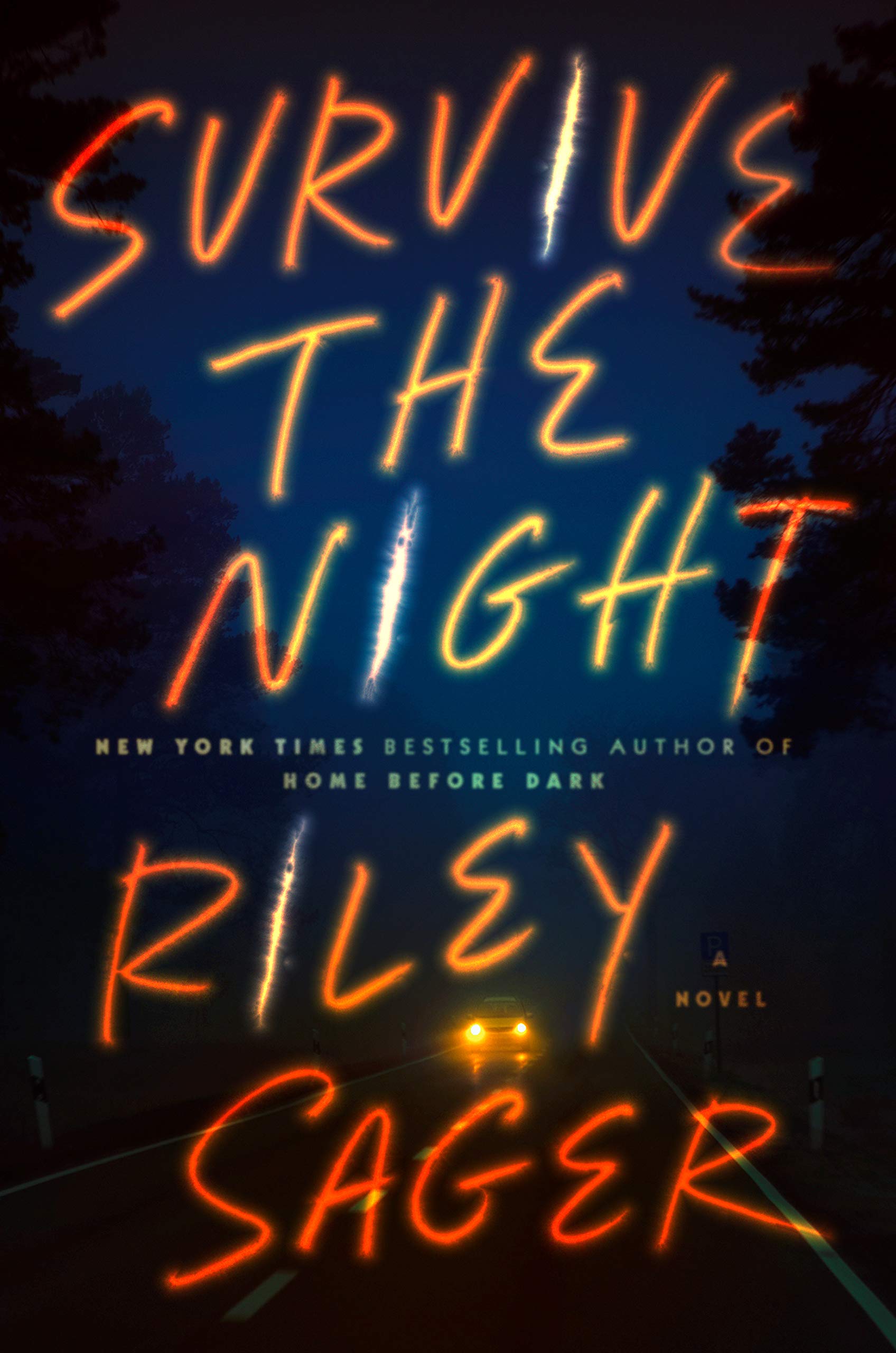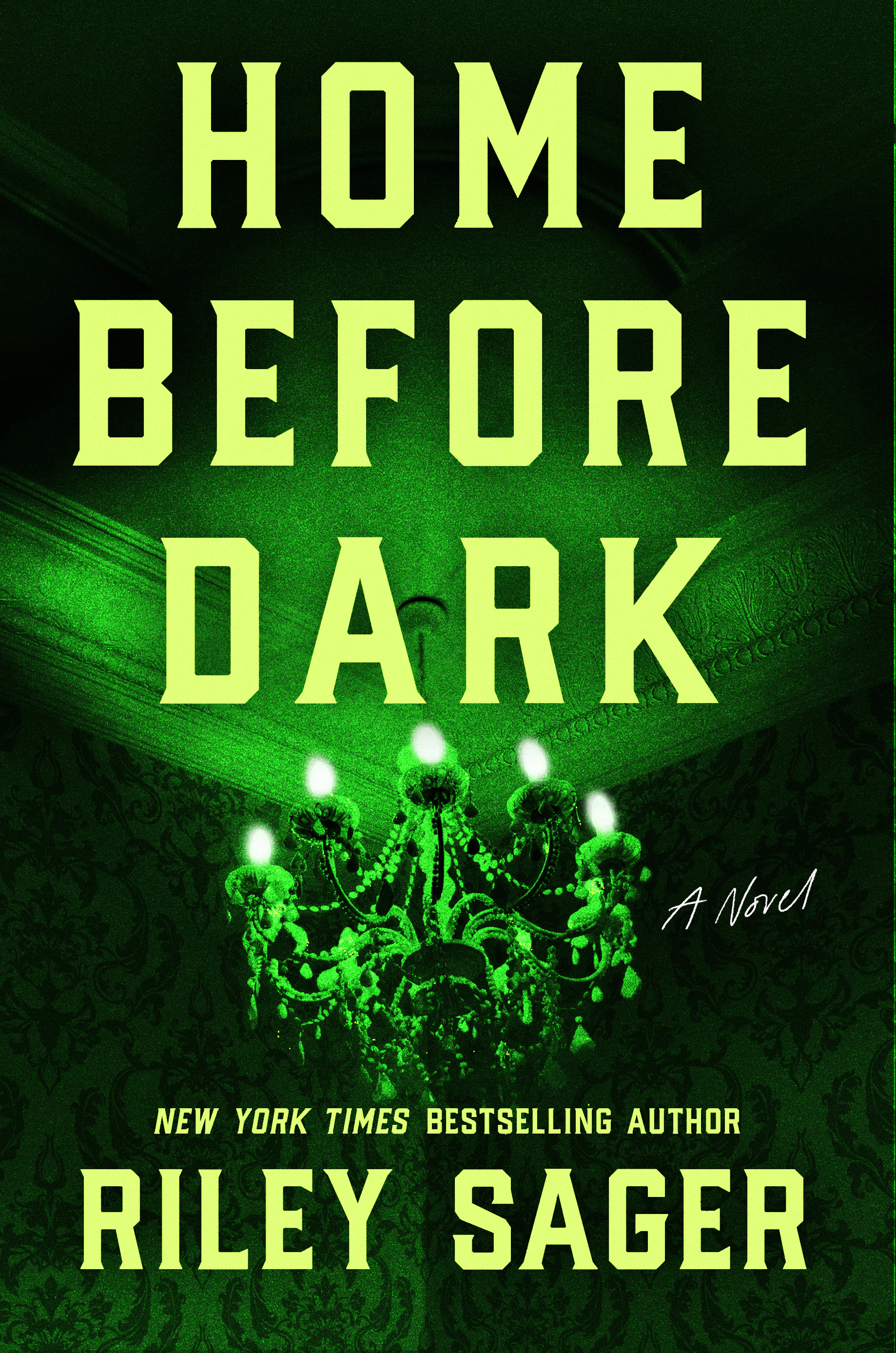
Middle of the Night
Book Description
She wakes up in a stranger's house—blood on her hands, a broken memory, and a gnawing fear that she’s the killer. As the sun rises, so do questions that claw at her mind: Who was the victim? Why can't she remember? With every passing hour, the truth unravels like a taut thread, dragging her deeper into a web of deceit and betrayal. Friends become foes, and trust becomes a fragile illusion. As she races against time to reclaim her past, a chilling realization comes to light: what if the real danger lies within? Can she uncover the truth before it consumes her?
Quick Book Summary
In "Middle of the Night" by Riley Sager, the protagonist wakes up disoriented in a stranger's house, her memory fractured and her hands stained with blood. Plagued by amnesia, she must piece together what transpired during the previous night, all while haunted by the possibility that she may have committed murder. As she attempts to reconstruct her lost memories, suspicion and dread grow with each revelation. Friends and familiar faces become unrecognizable, casting doubt on whom she can trust. Racing against time, and with the threat of the real truth consuming her, she uncovers a deeply woven web of secrets and betrayal that suggest the true danger may reside within herself. The journey twists through psychological suspense, claustrophobic horror, and tense uncertainty, culminating in a chilling confrontation with her own fears and the elusive reality of what happened that fateful night.
Summary of Key Ideas
Table of Contents
Memory and Identity in Crisis
The novel opens with the protagonist in a jarring and disorienting situation: she awakens in an unfamiliar house, blood covering her hands, with no recollection of how she arrived there or what has occurred. This fractured sense of reality immediately plunges both her and the reader into a state of psychological suspense. The lack of memory becomes a central motif, as she struggles to distinguish between fleeting glimpses of the past and the present, suspecting herself but desperate for truth. The tension intensifies as she discovers a crime has taken place but remains unsure of her own role.
Blurred Lines Between Victim and Perpetrator
As she navigates the labyrinth of her own mind, the protagonist realizes that every person she encounters may be hiding something. What were once friendships or familiar relationships are now muddied by questions and suspicion. Conversations are loaded with hidden meanings, and trust becomes a precious and elusive commodity. This atmosphere of pervasive deceit makes every interaction fraught, as she grapples with the possibility that allies may instead be adversaries—and that larger forces may be at play.
Deceit, Betrayal, and Hidden Motives
With each new clue, memories begin to resurface in fragmented, often surreal flashes. These moments blur the line between the protagonist as a possible victim and a potential perpetrator. The narrative exploits this ambiguity, generating a sense of horror rooted in psychological uncertainty. The protagonist is forced to confront not only the external threat of whoever orchestrated the night’s events but also the darker, unknown aspects of her own psyche. The fear that she herself could be the killer looms large, challenging the notions of self-identity and culpability.
The Fragility of Trust
As secrets unravel, a larger tapestry of betrayal emerges. The protagonist gradually exposes layers of deceit that reach beyond her immediate circumstances, revealing longstanding grievances and carefully buried motives among those closest to her. She must decipher who has manipulated whom, and whether her trust in herself is even justified. The suspense builds as the race against time grows urgent; every revelation heightens the stakes and puts her in greater danger, both emotionally and physically.
Confronting Inner Darkness
In a chilling climax, the protagonist is forced to confront the true nature of the night’s events—and of herself. Ultimately, "Middle of the Night" probes how trauma, memory, and guilt intersect, leaving the reader with unsettling questions about the boundaries between right and wrong. In the end, the journey is as much about self-discovery as about solving a crime, with the protagonist’s confrontation with her inner darkness proving to be the most harrowing ordeal of all.
Download This Summary
Get a free PDF of this summary instantly — no email required.





